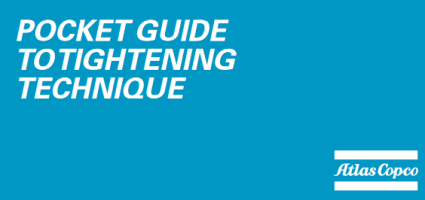Be careful when getting the wheels off with a hammer, I would suggest not hitting the rim but use a lump hammer on the tyre whilst slowly spinning the wheel - leave a couple of wheel bolts on their last threads to prevent the wheel falling on its face and damaging itself on the floor.
Don't ever put any form of grease on the vertical section of the wheel hub (the part with the holes for the wheel bolts) or the corresponding part of the wheel.
I would (& do) grease the spigot of the wheel (the hole in the middle of the wheel) as this is where the main of the corrosion is and will make removal of the wheel later much easier.
Don't ever put any form of grease on the vertical section of the wheel hub (the part with the holes for the wheel bolts) or the corresponding part of the wheel.
I would (& do) grease the spigot of the wheel (the hole in the middle of the wheel) as this is where the main of the corrosion is and will make removal of the wheel later much easier.


